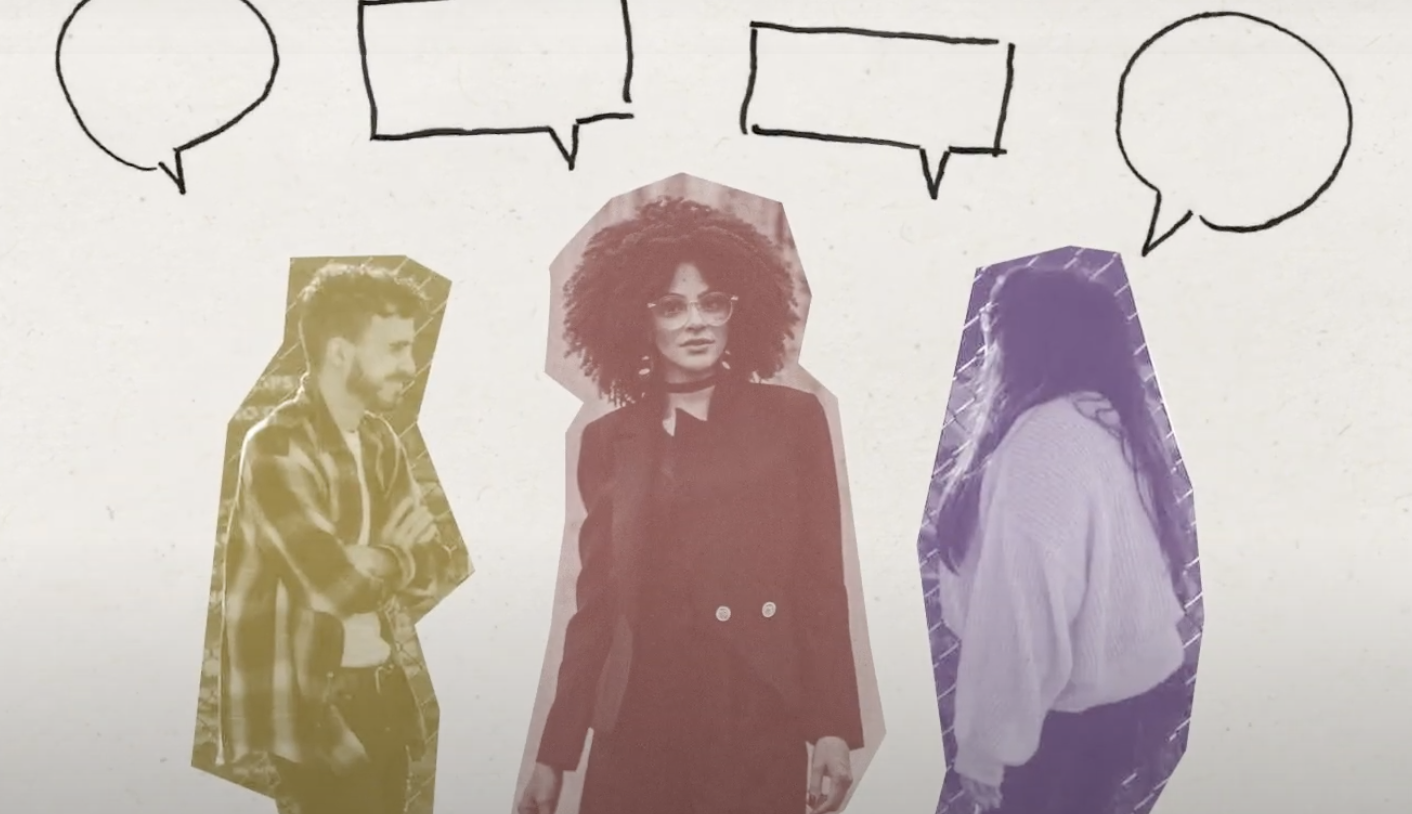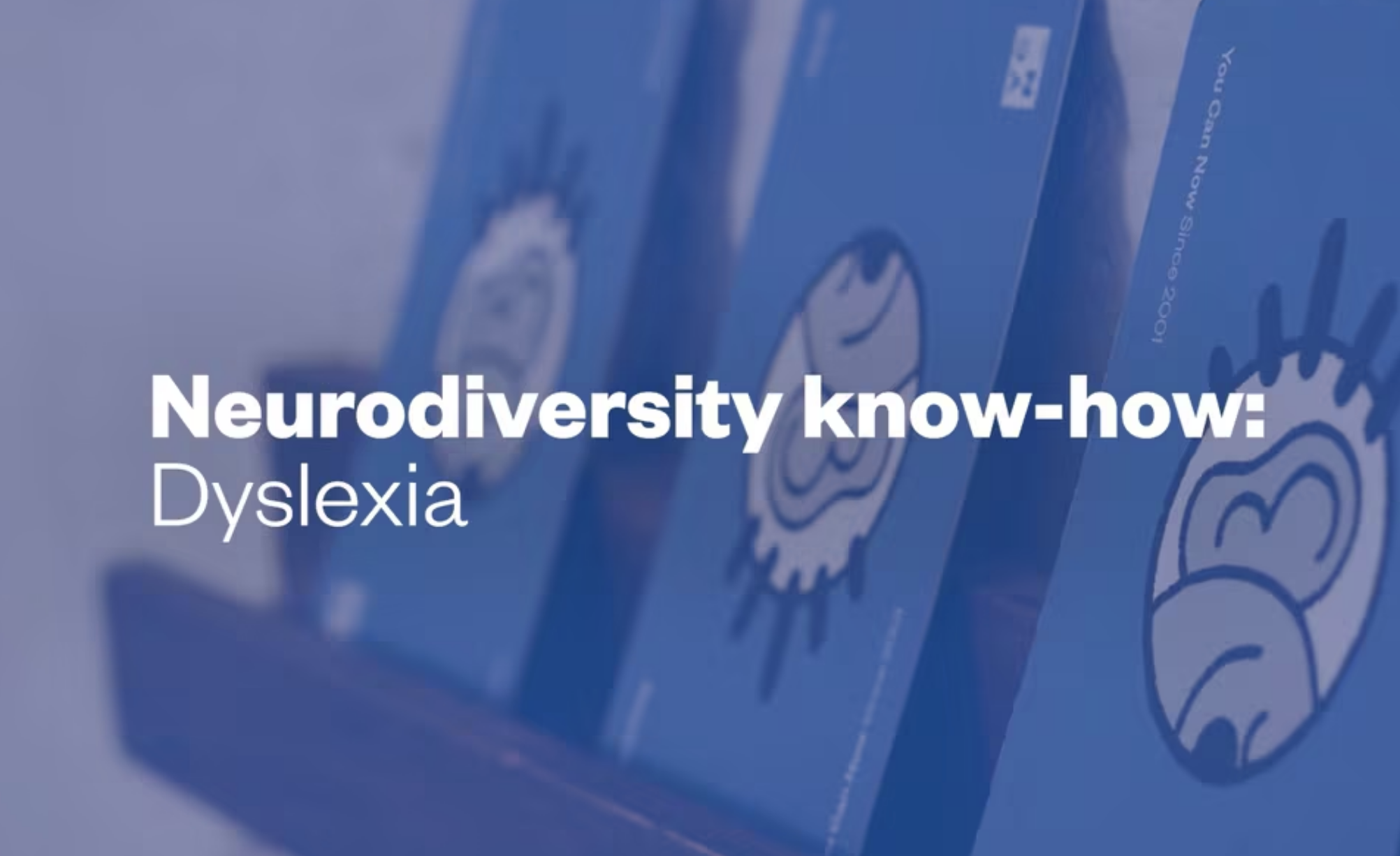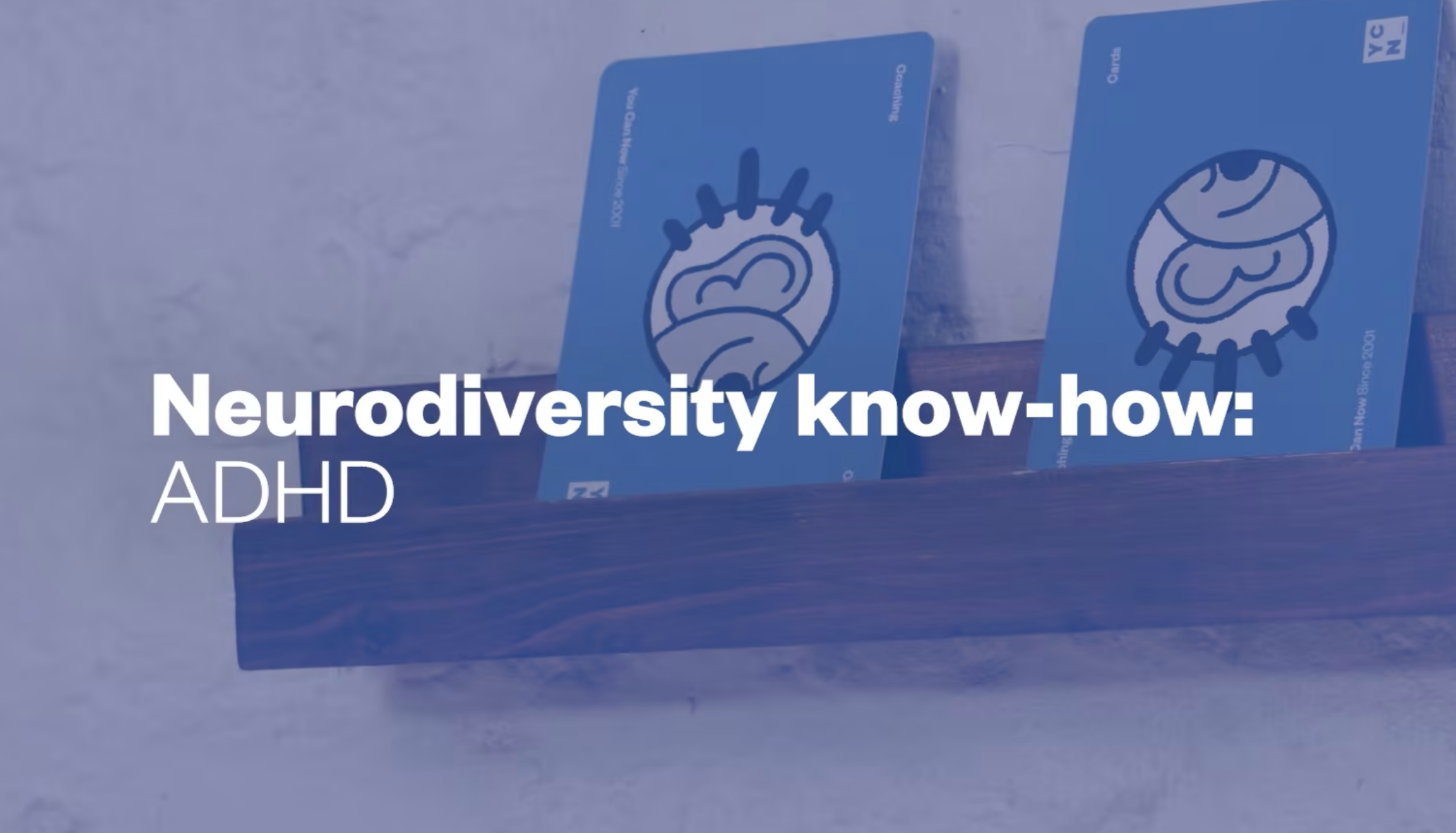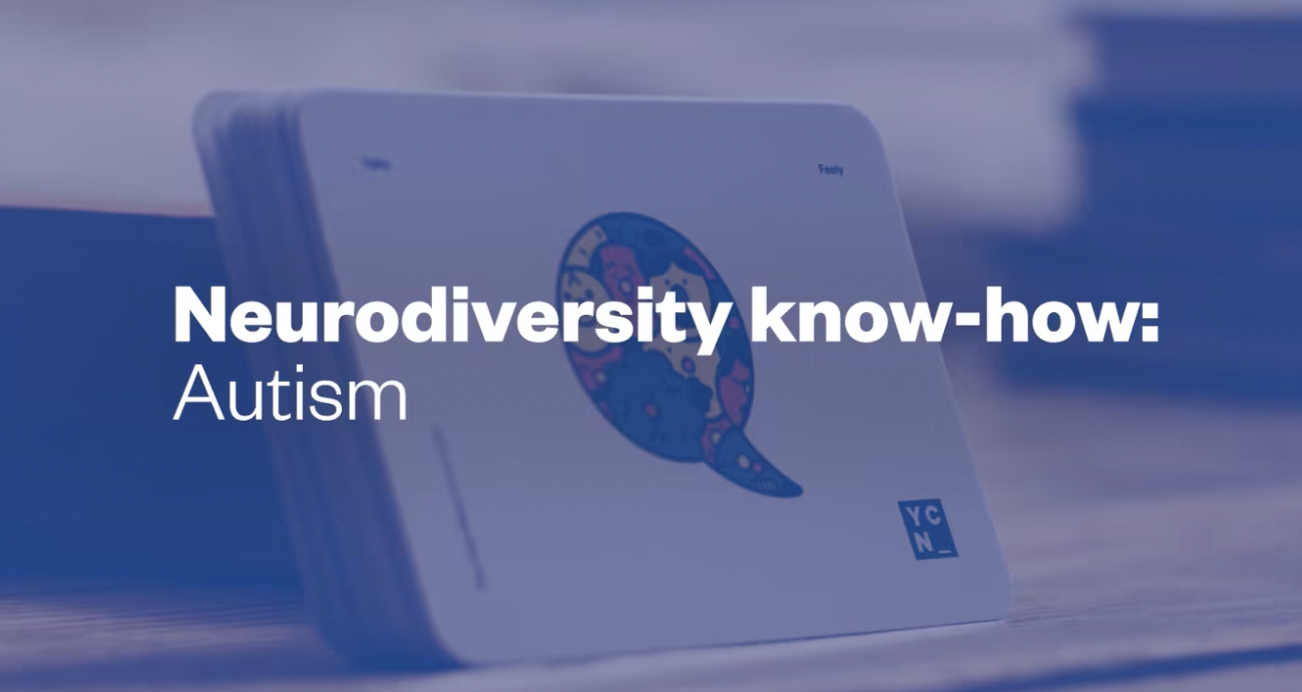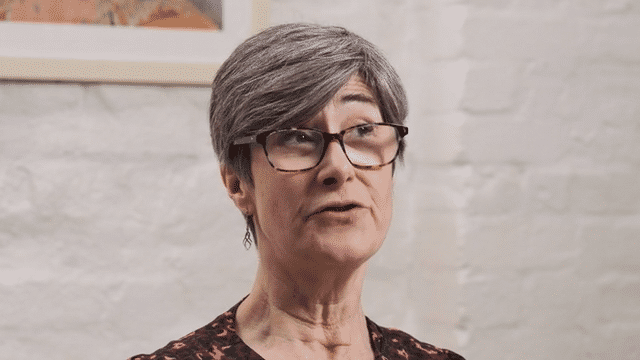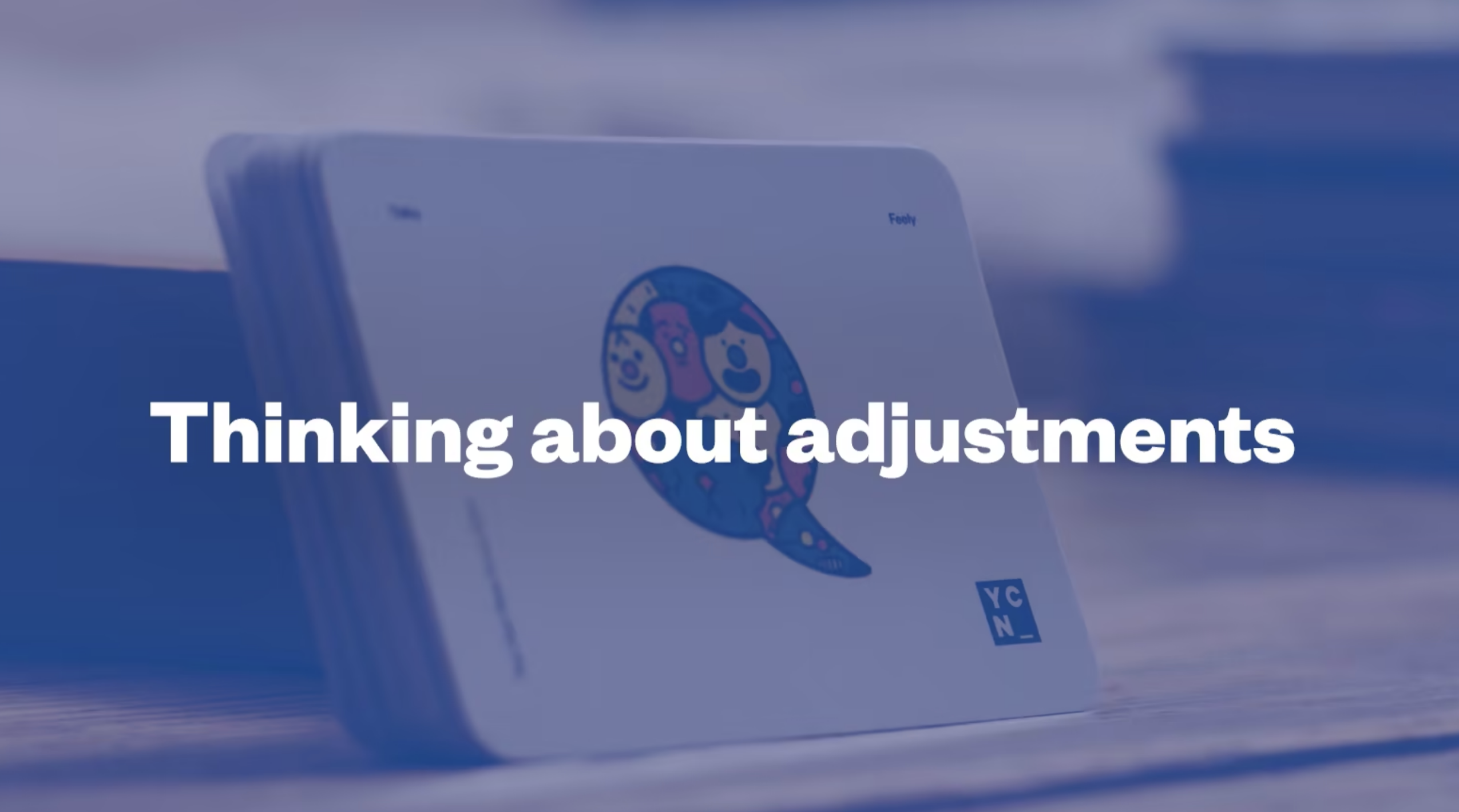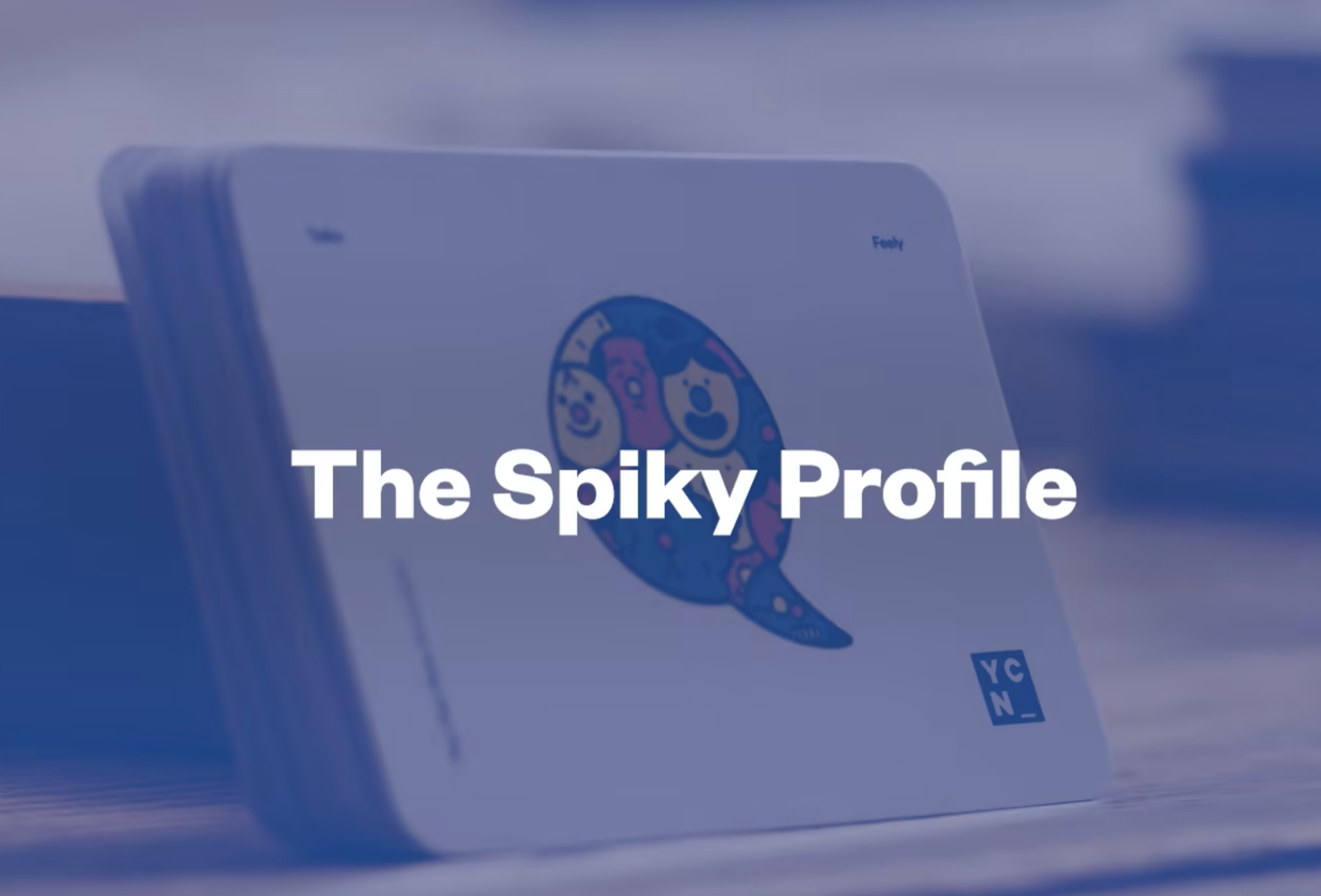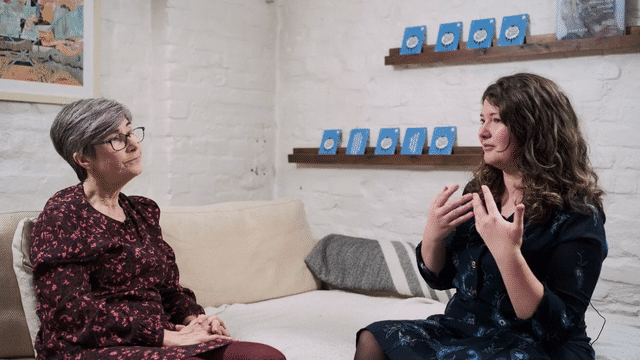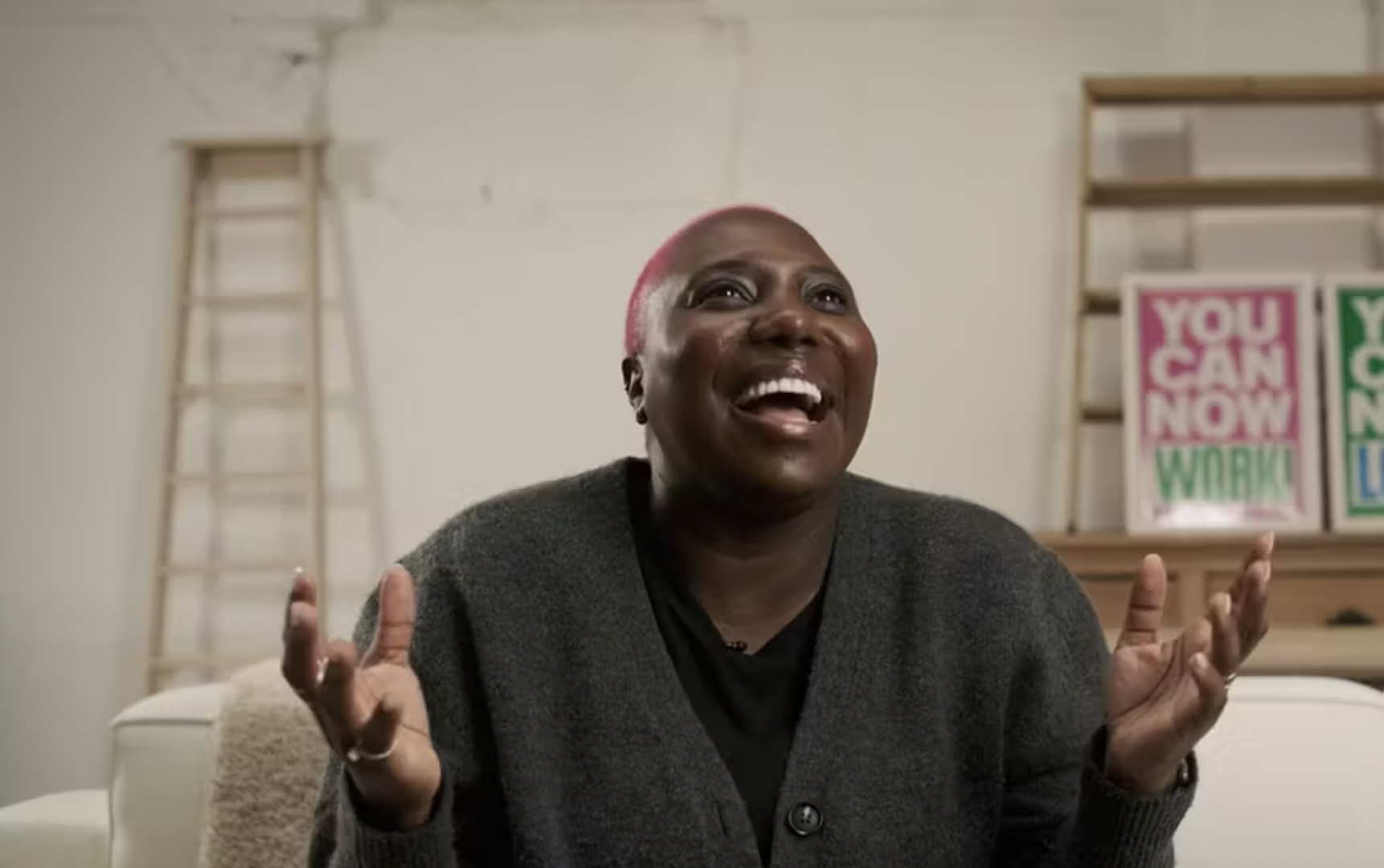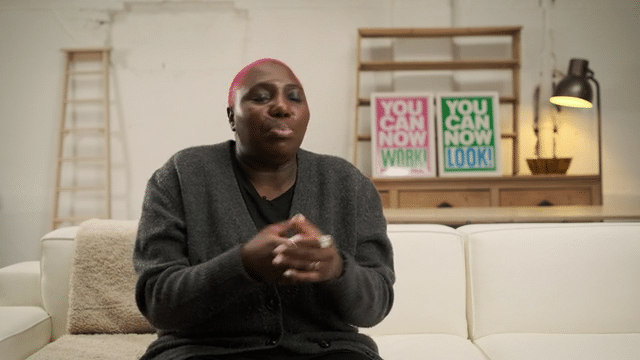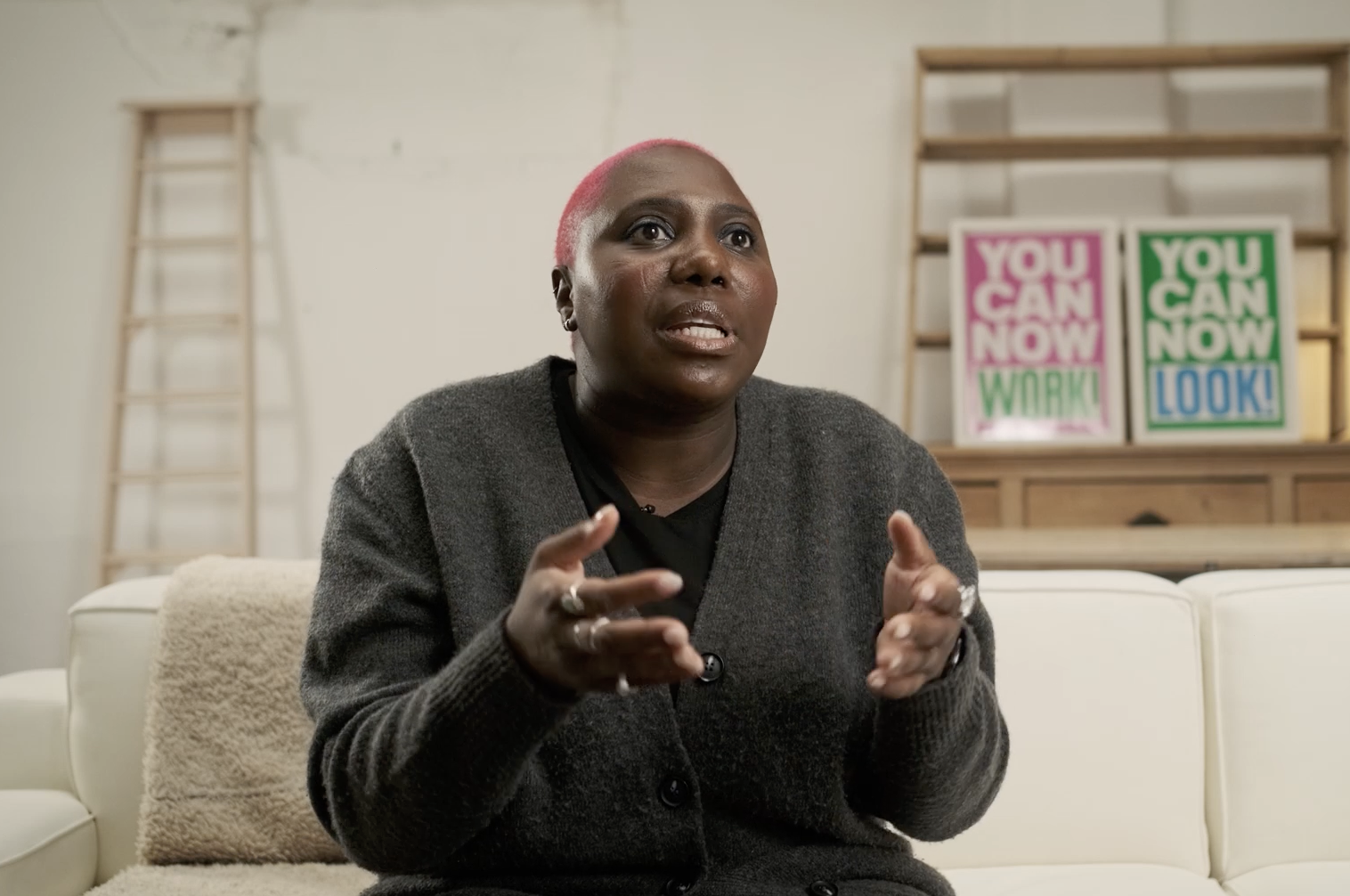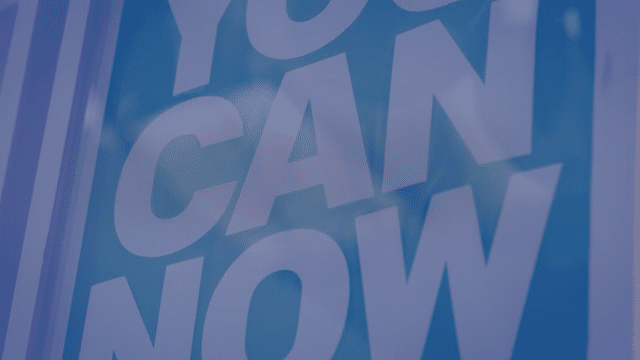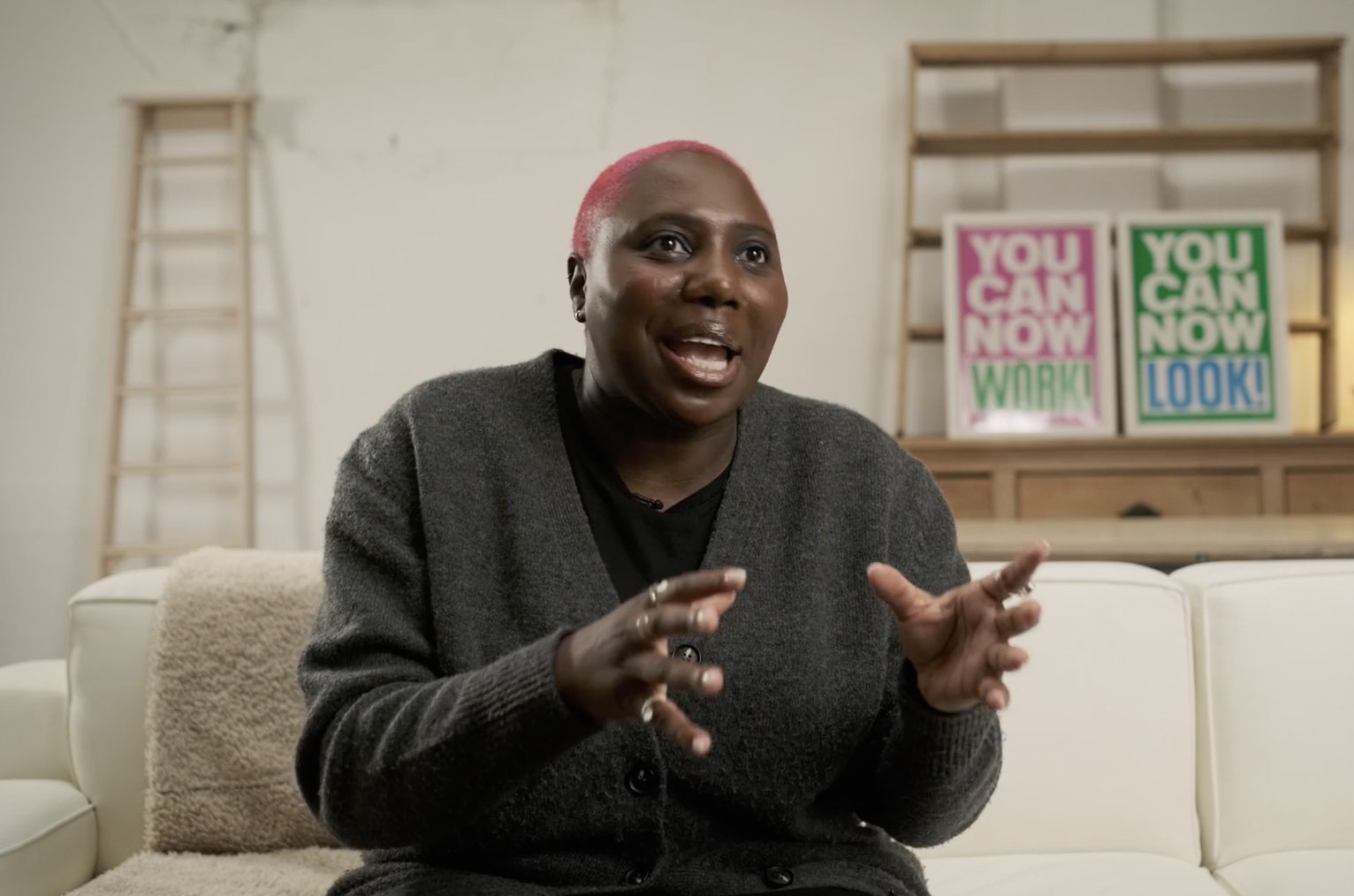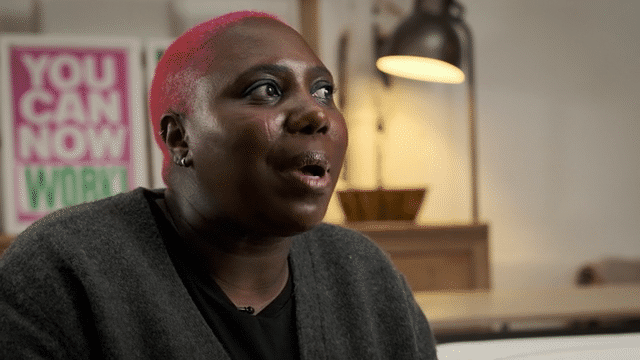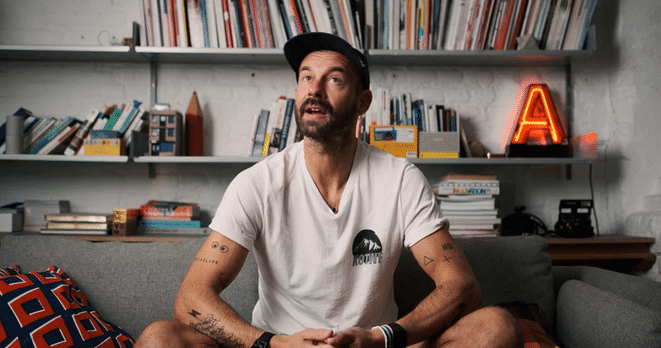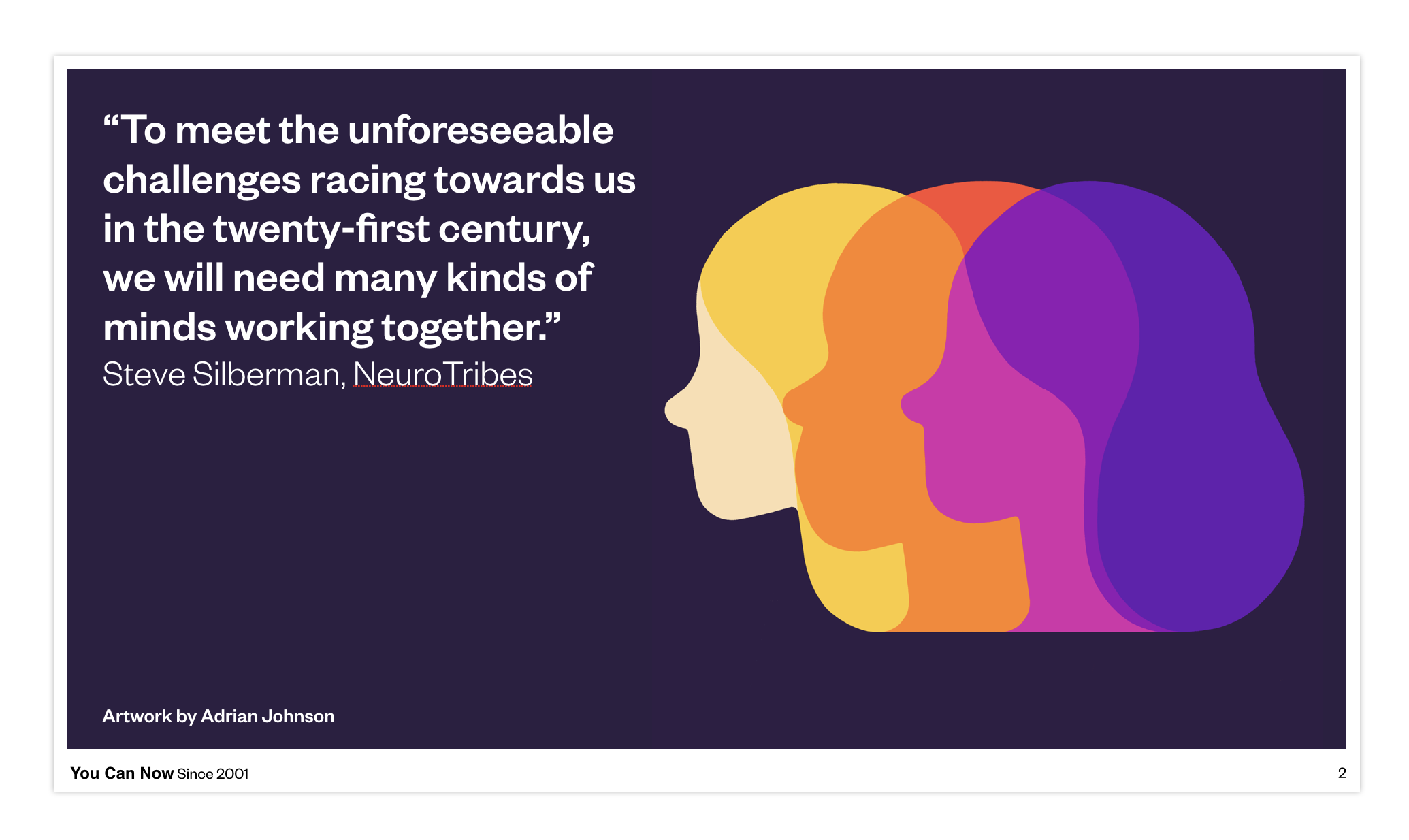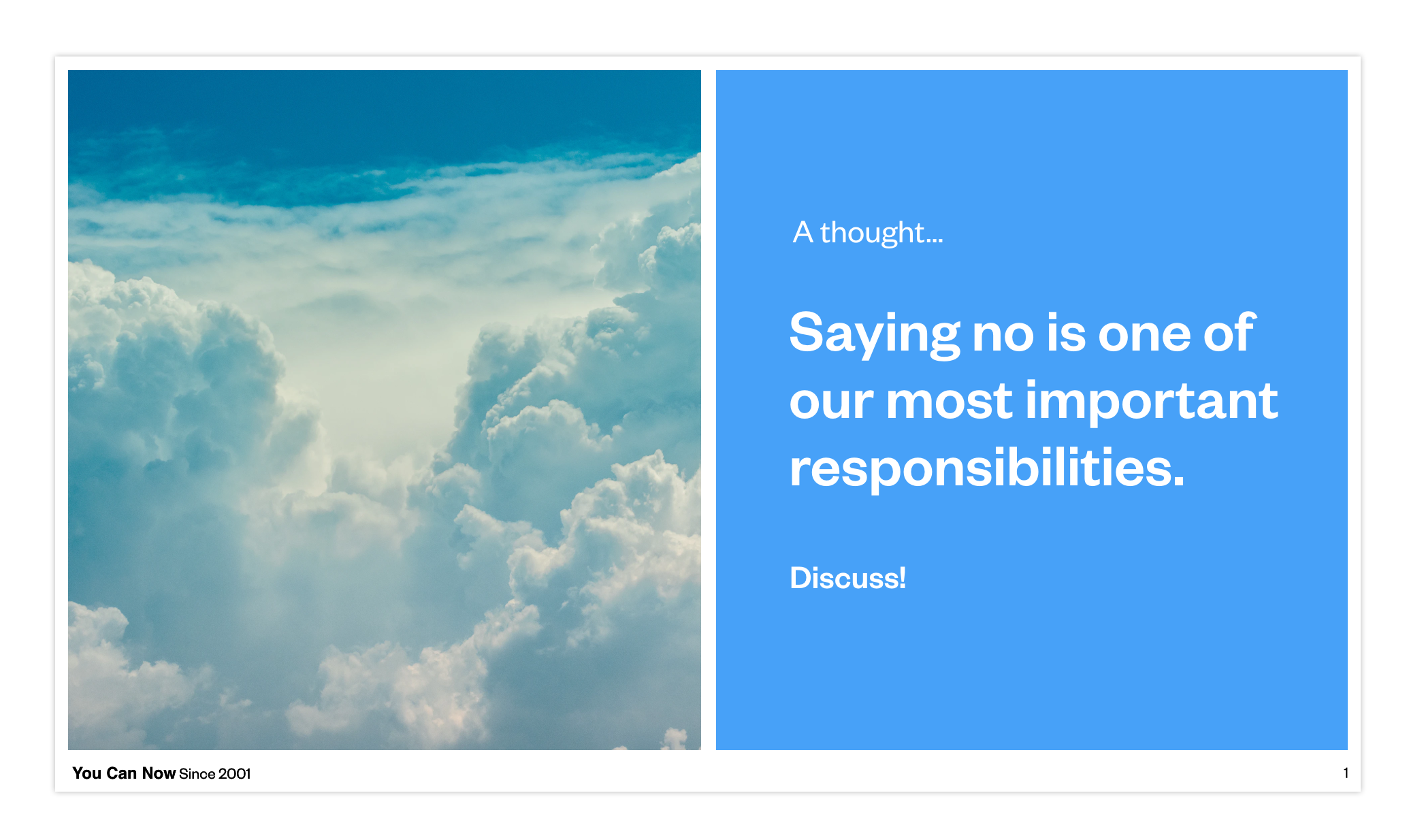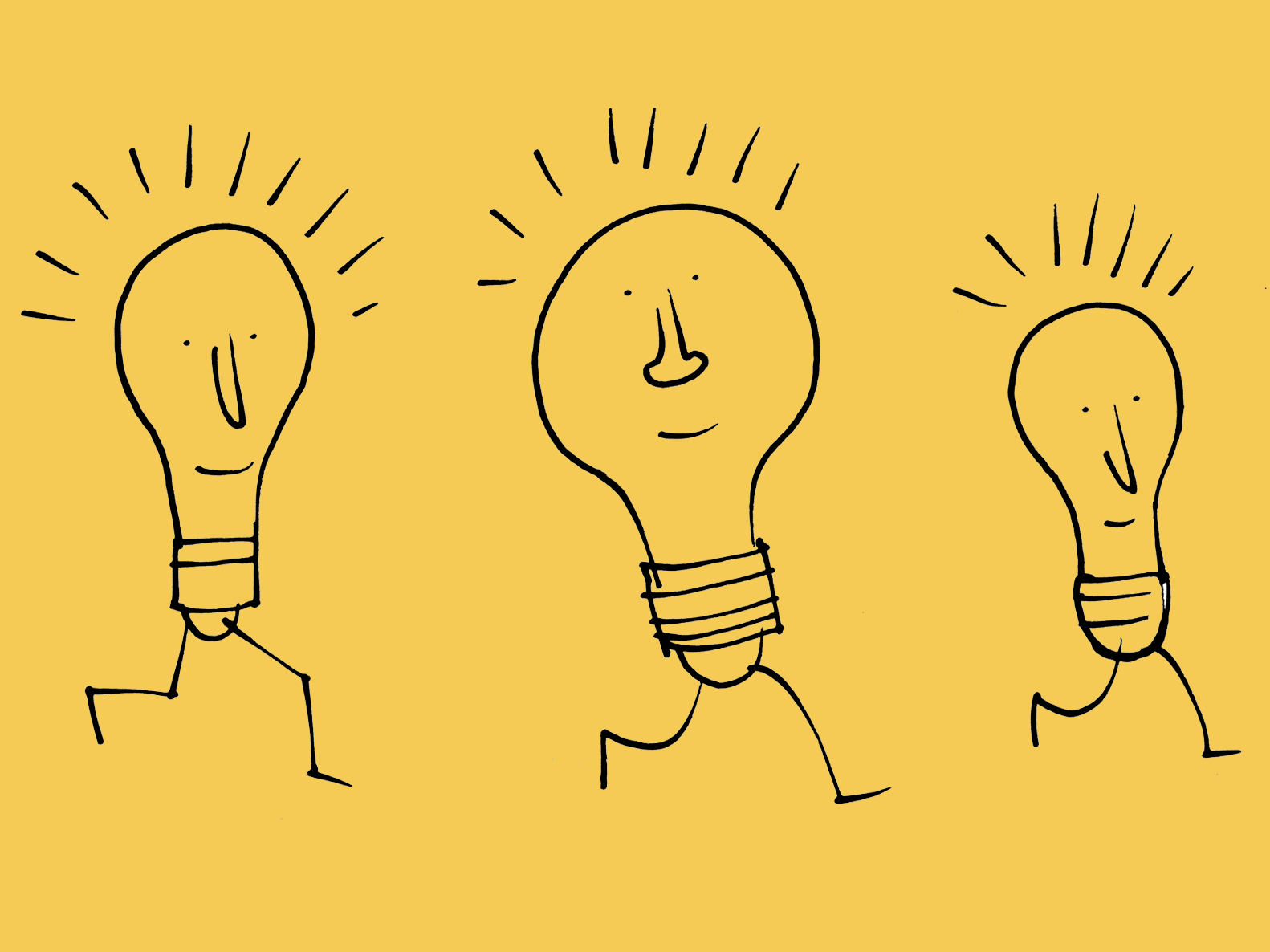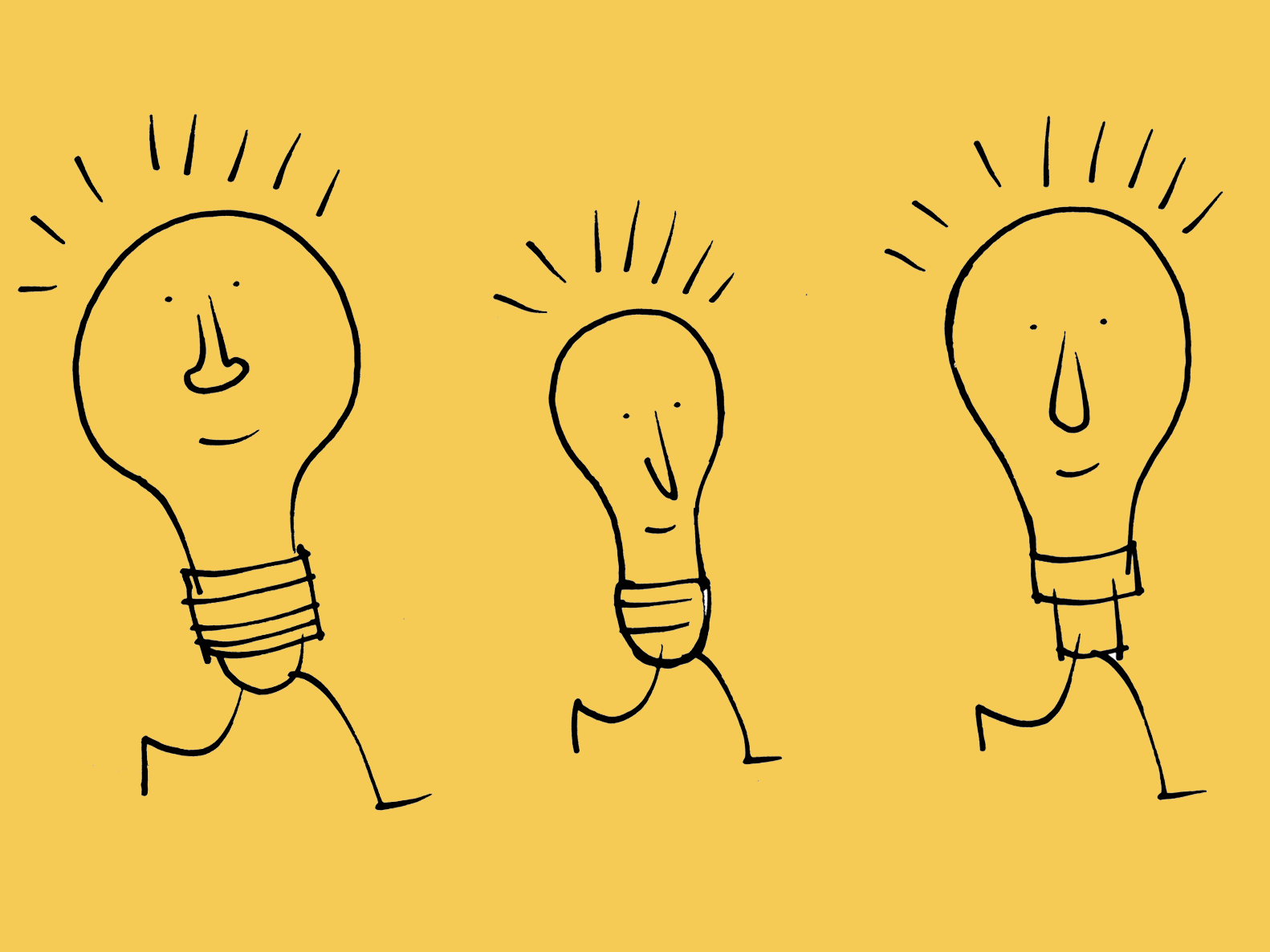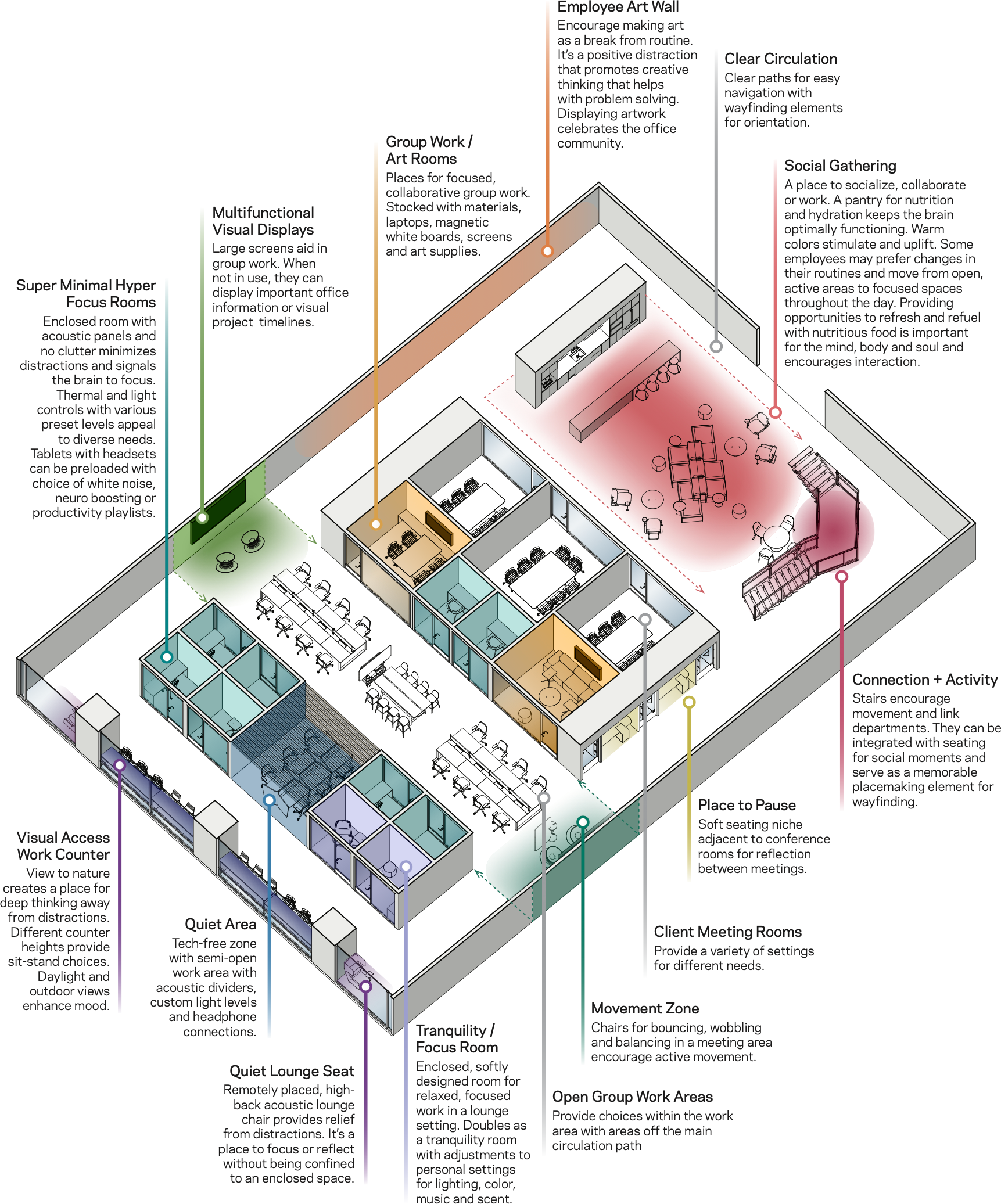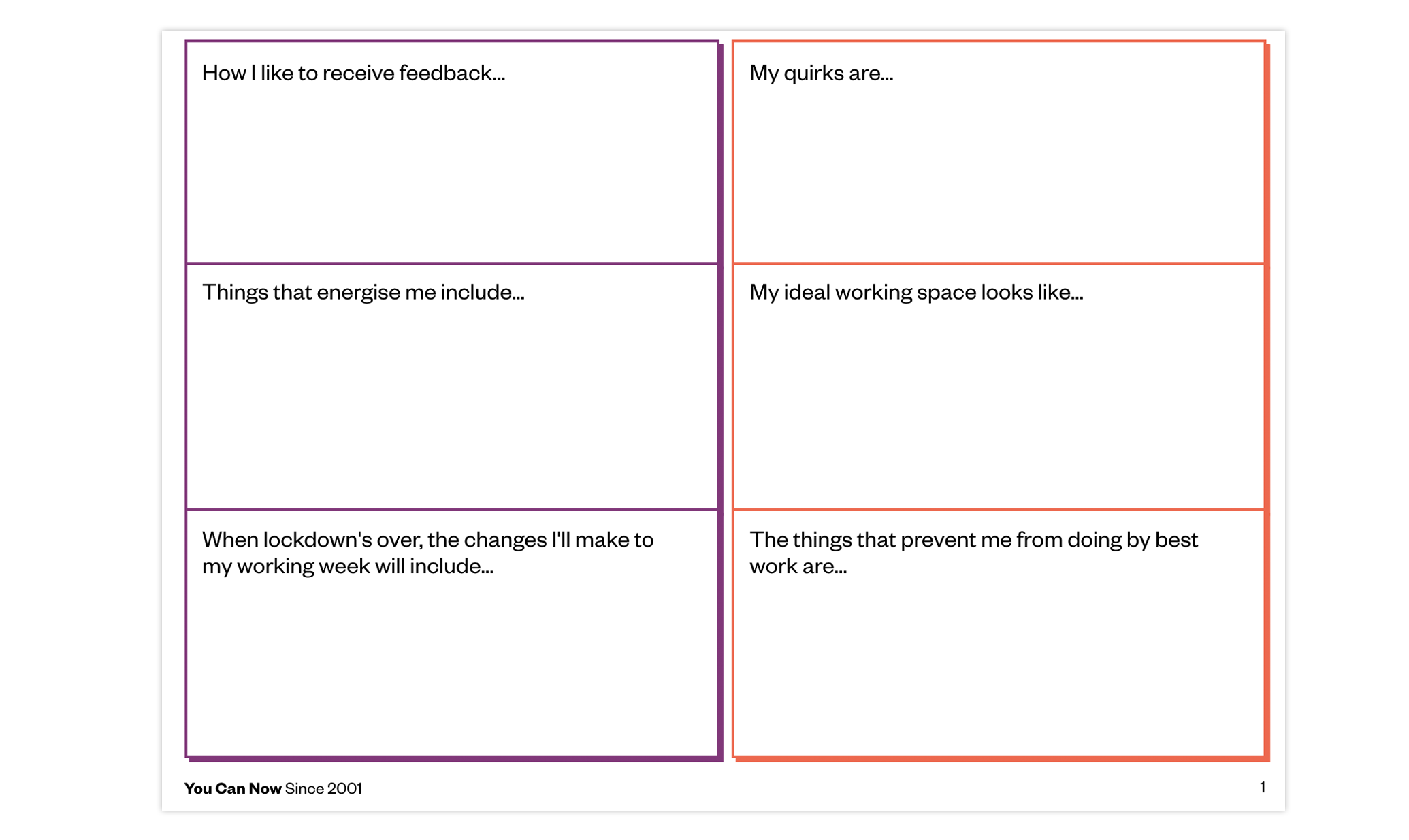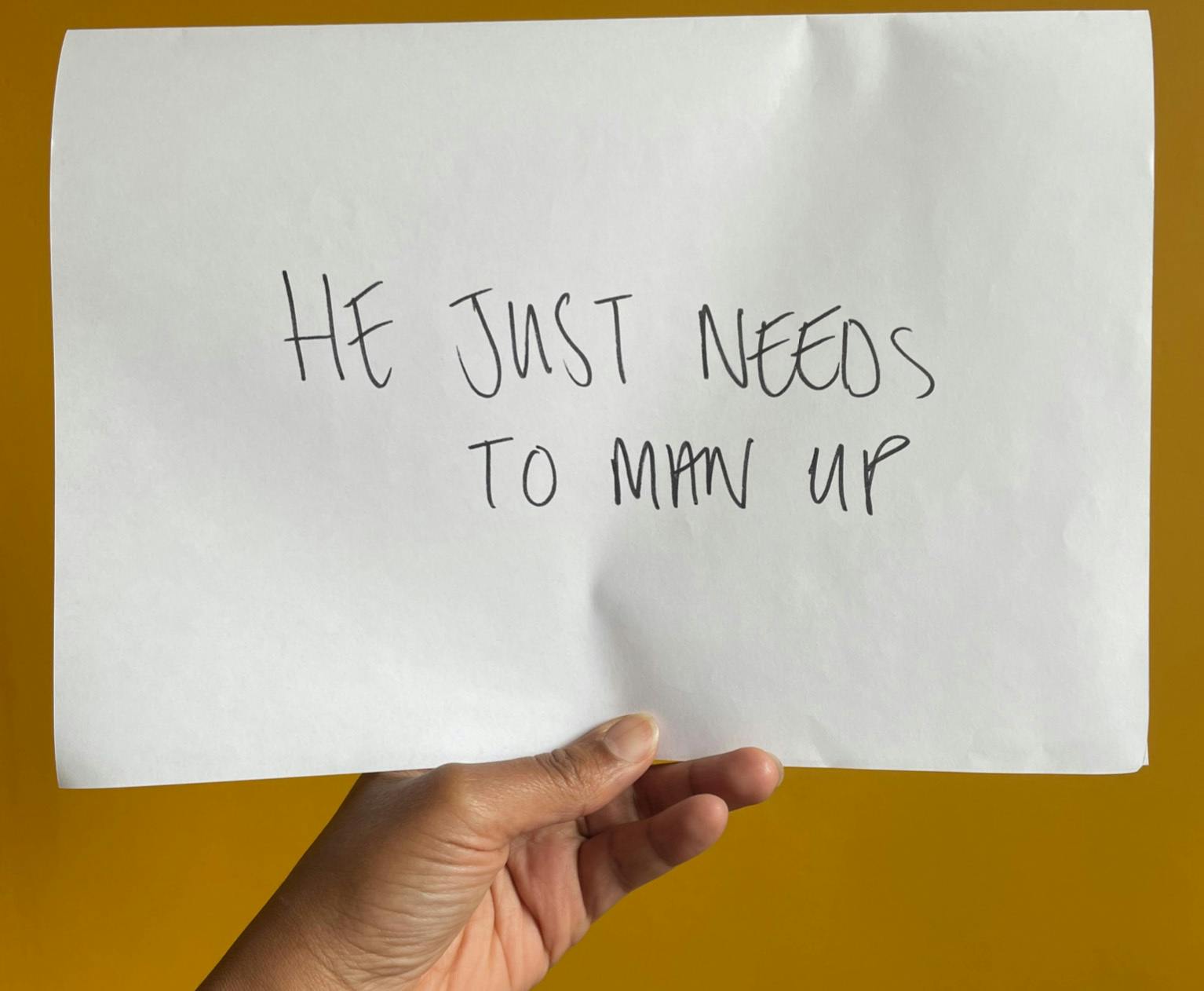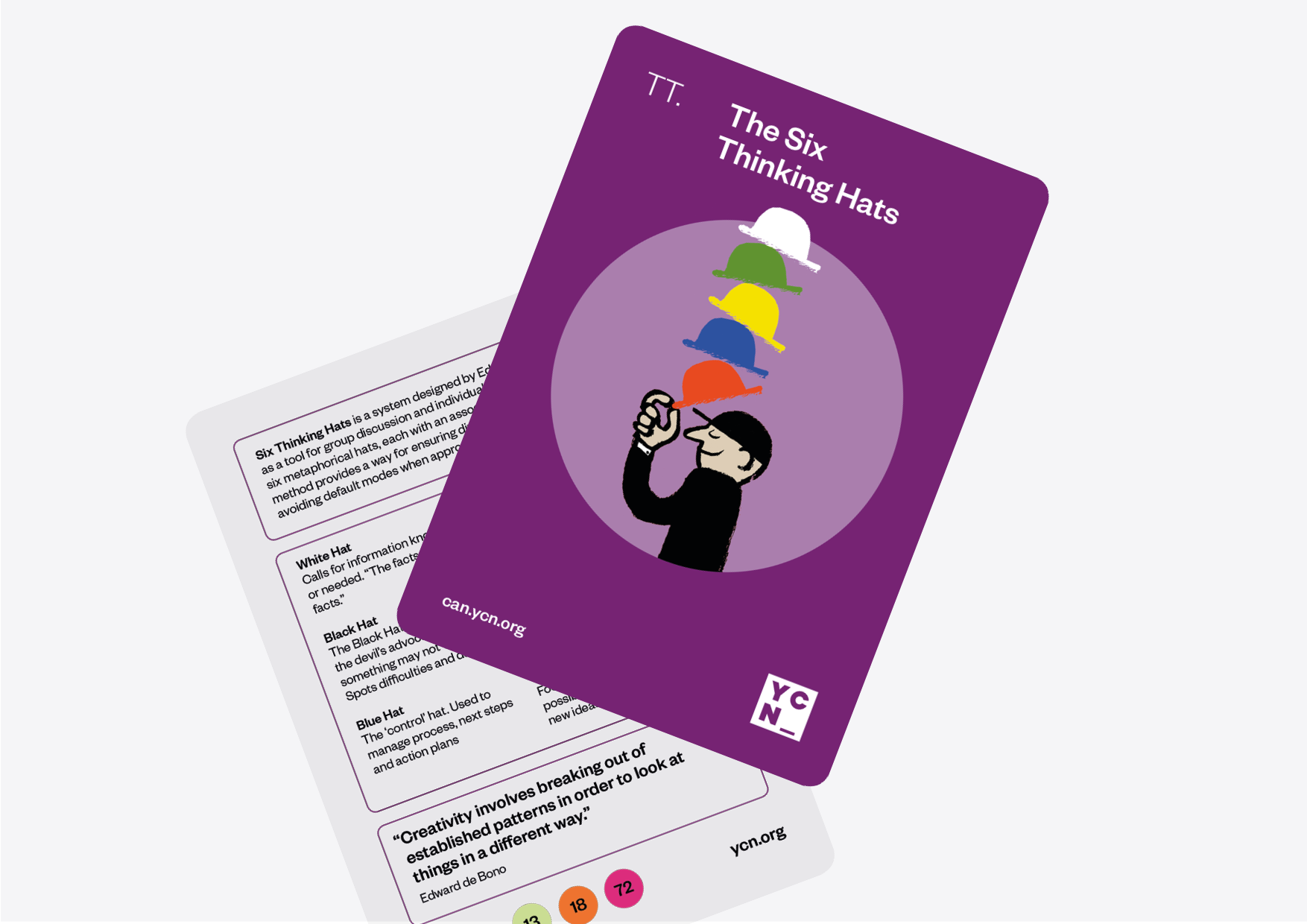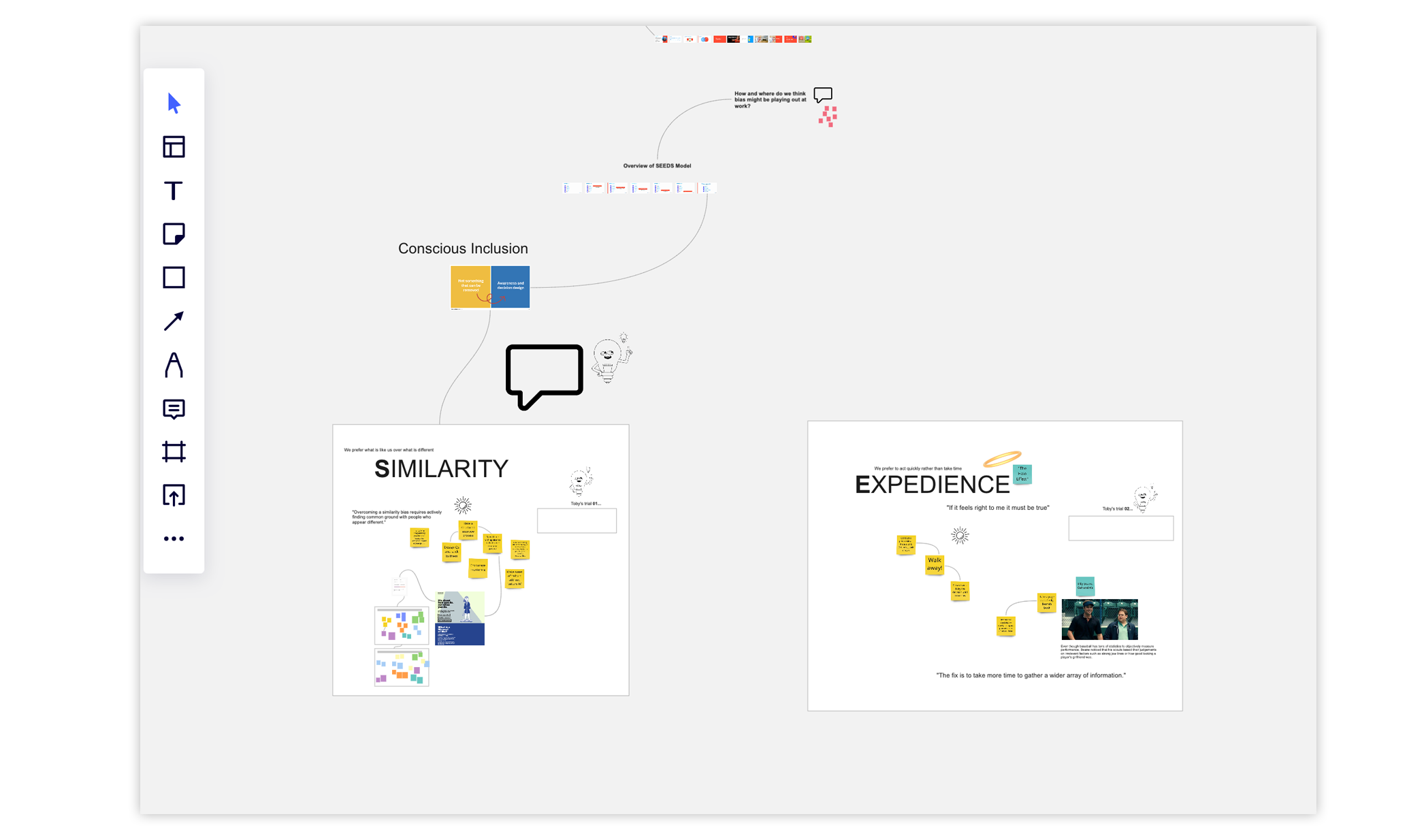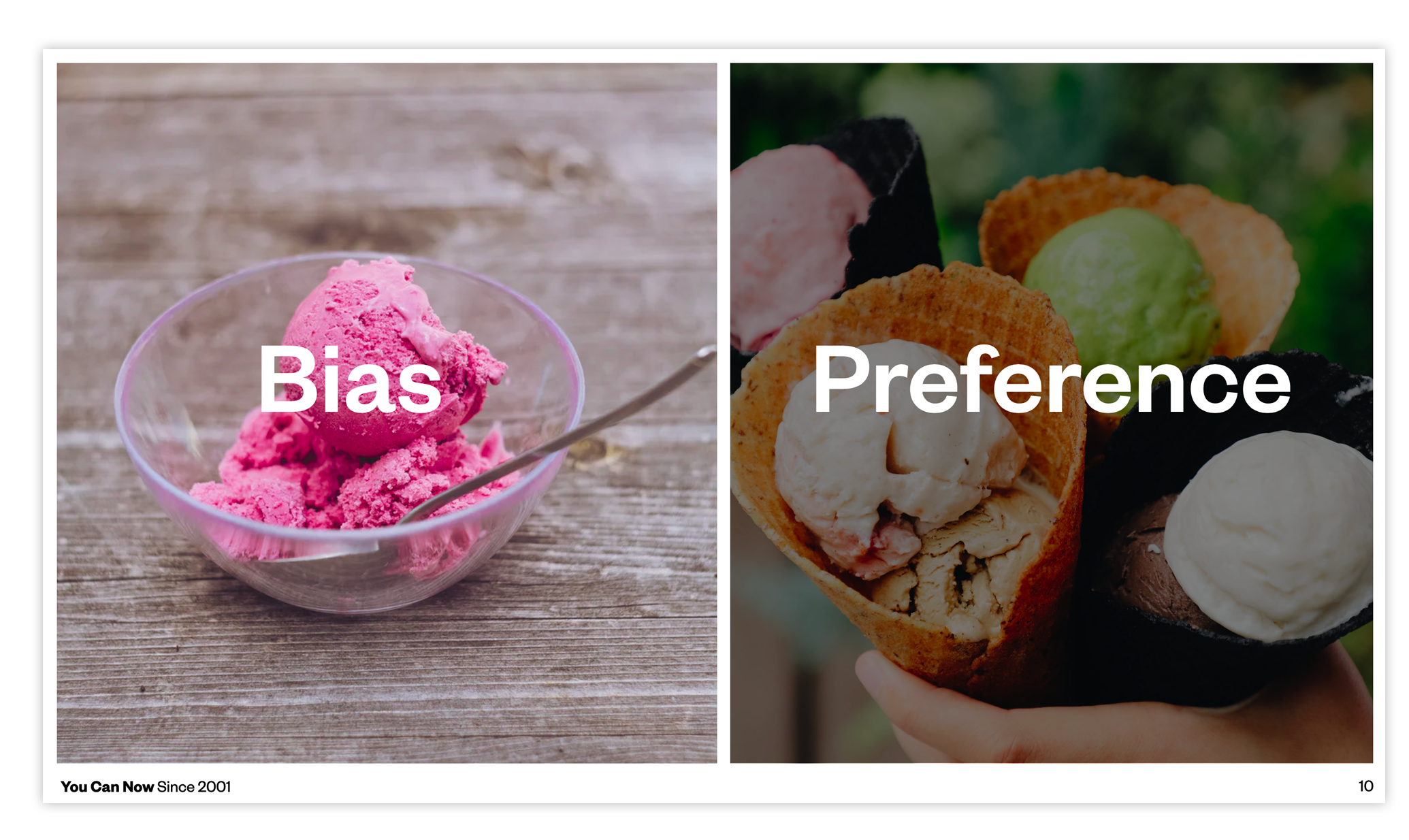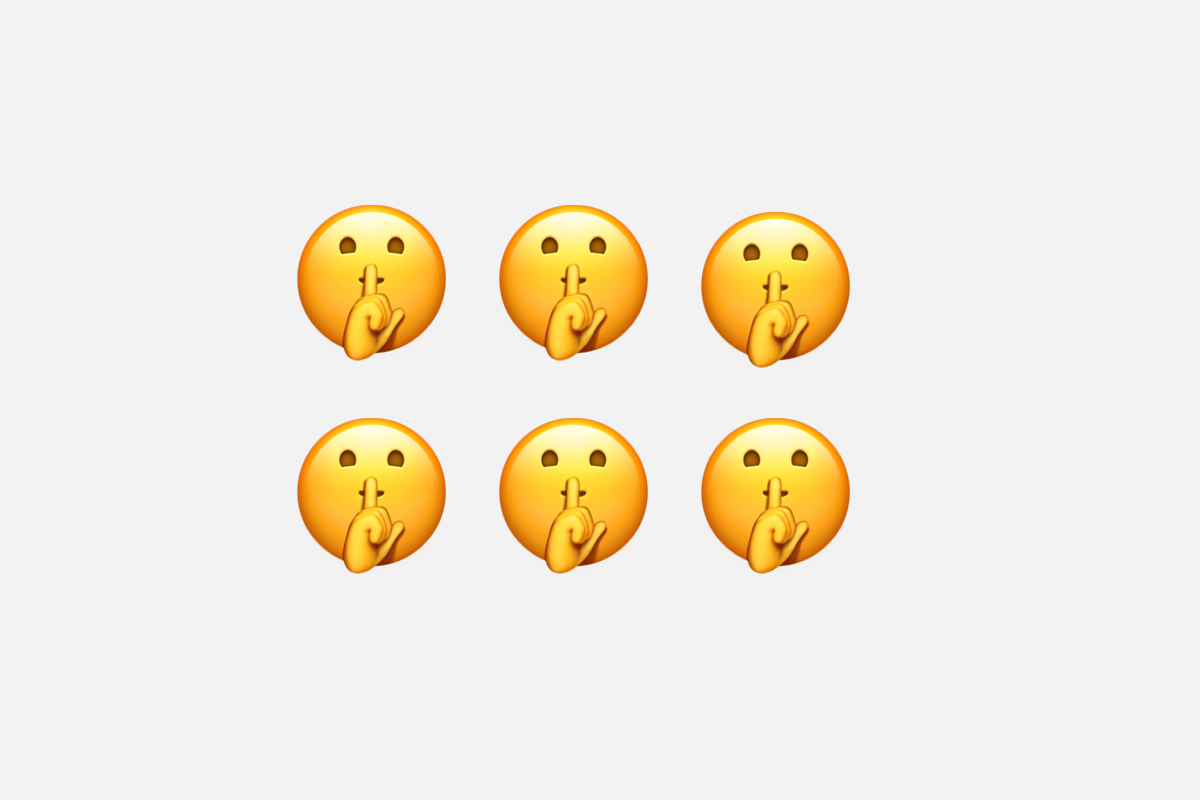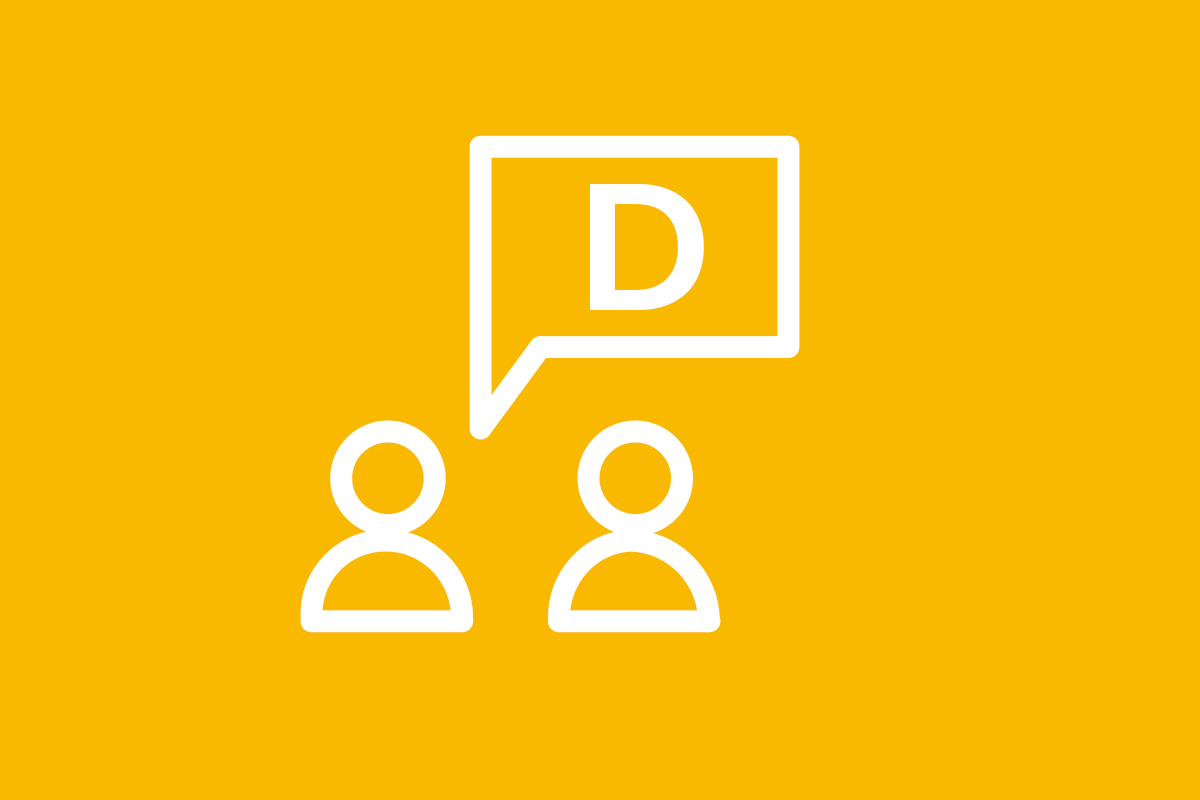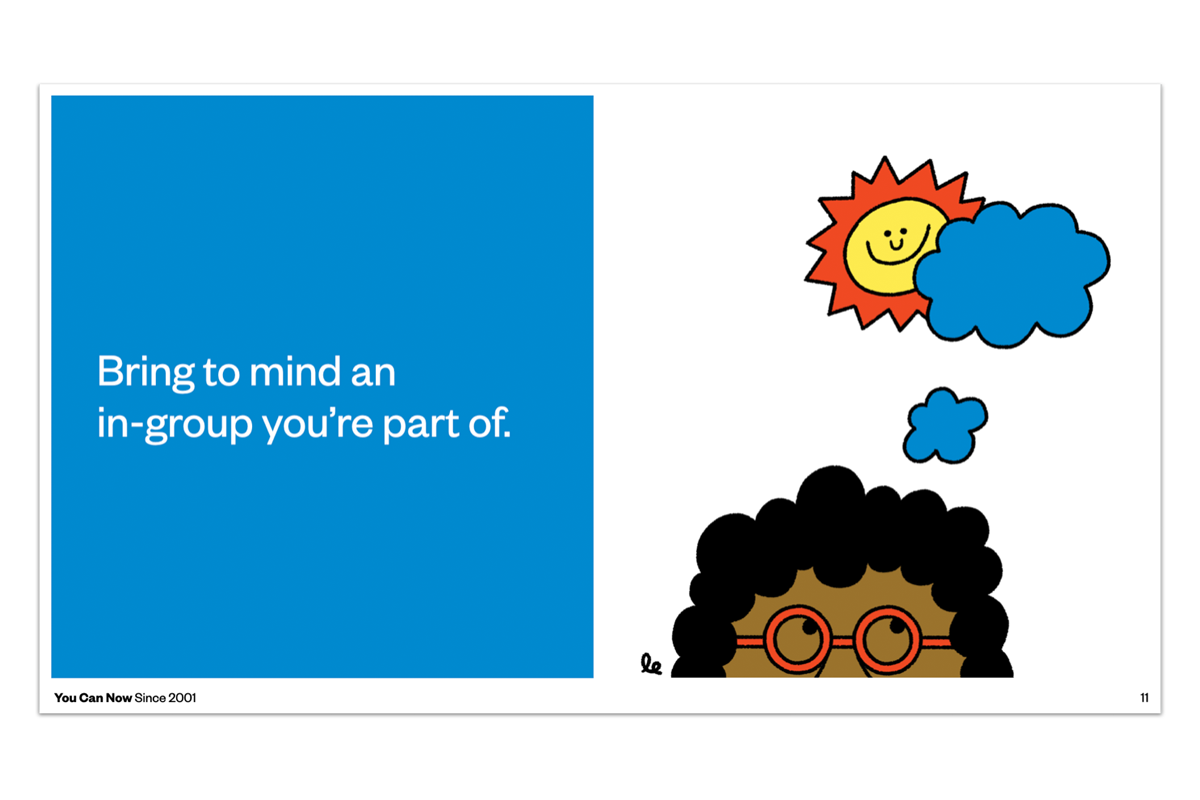DE&I
Course Pack: Neurodiversity
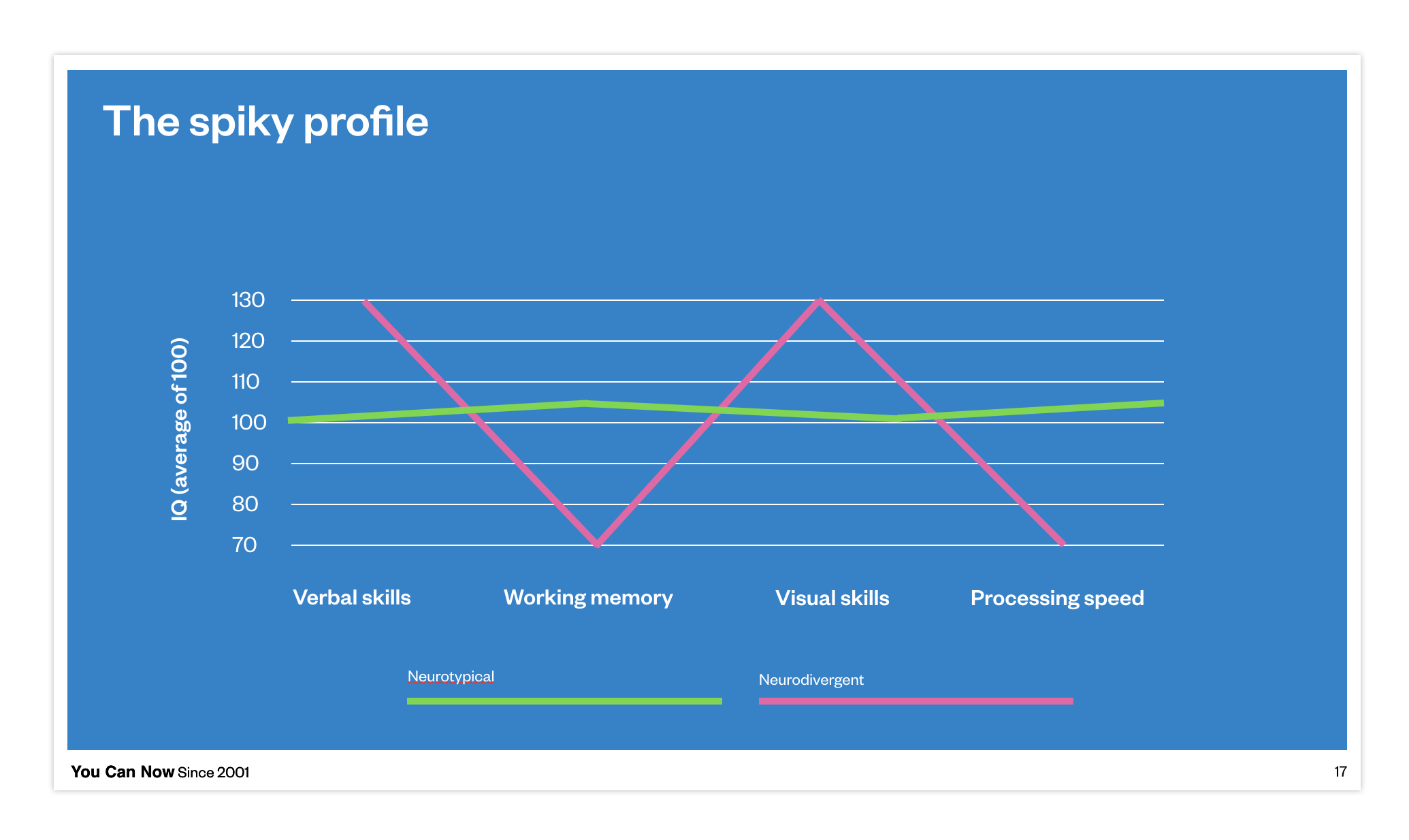
We hope these curated resources, many referenced in the Neurodiversity Awareness sessions, will help to deepen your understanding on the topic — and will be useful to point others towards too.
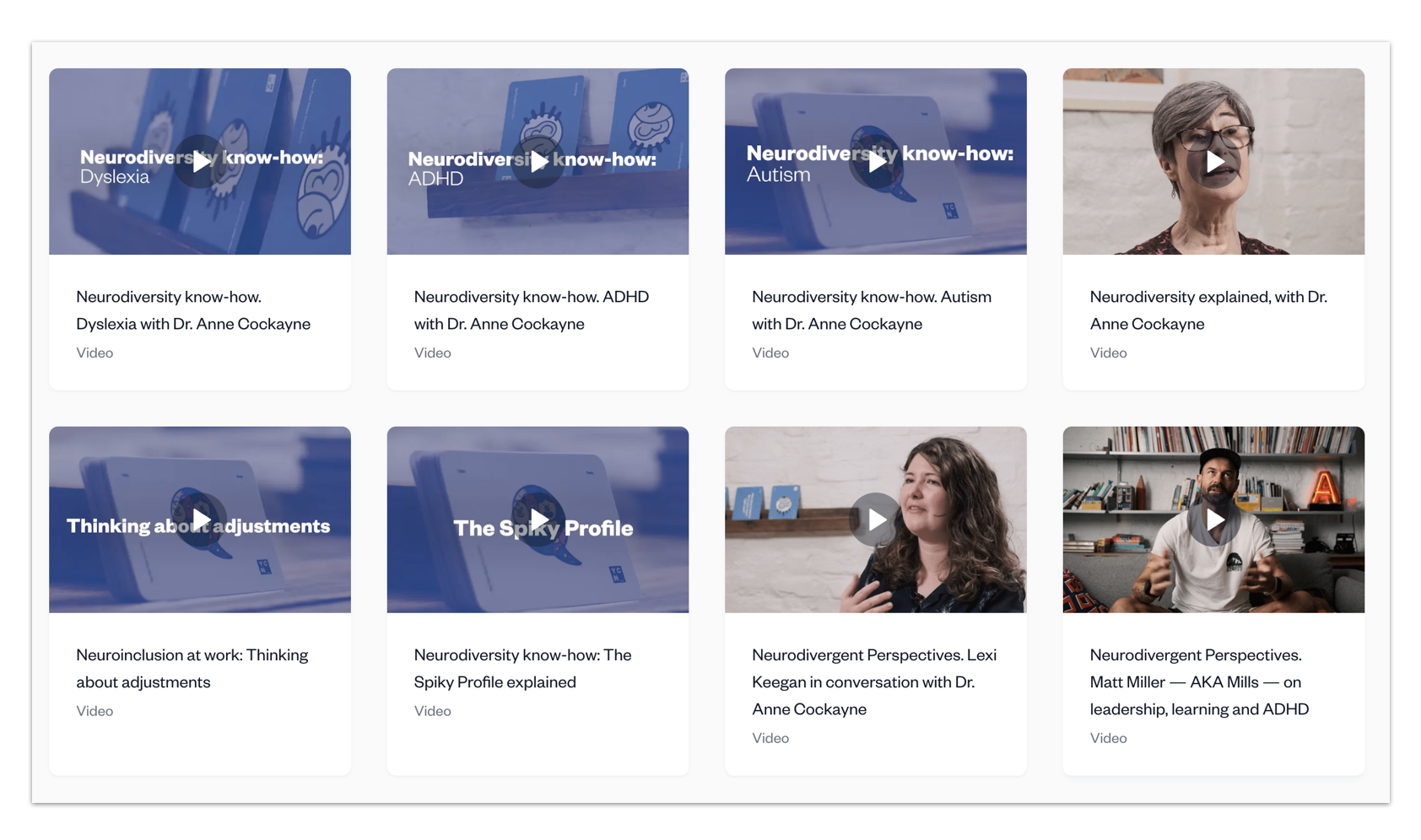
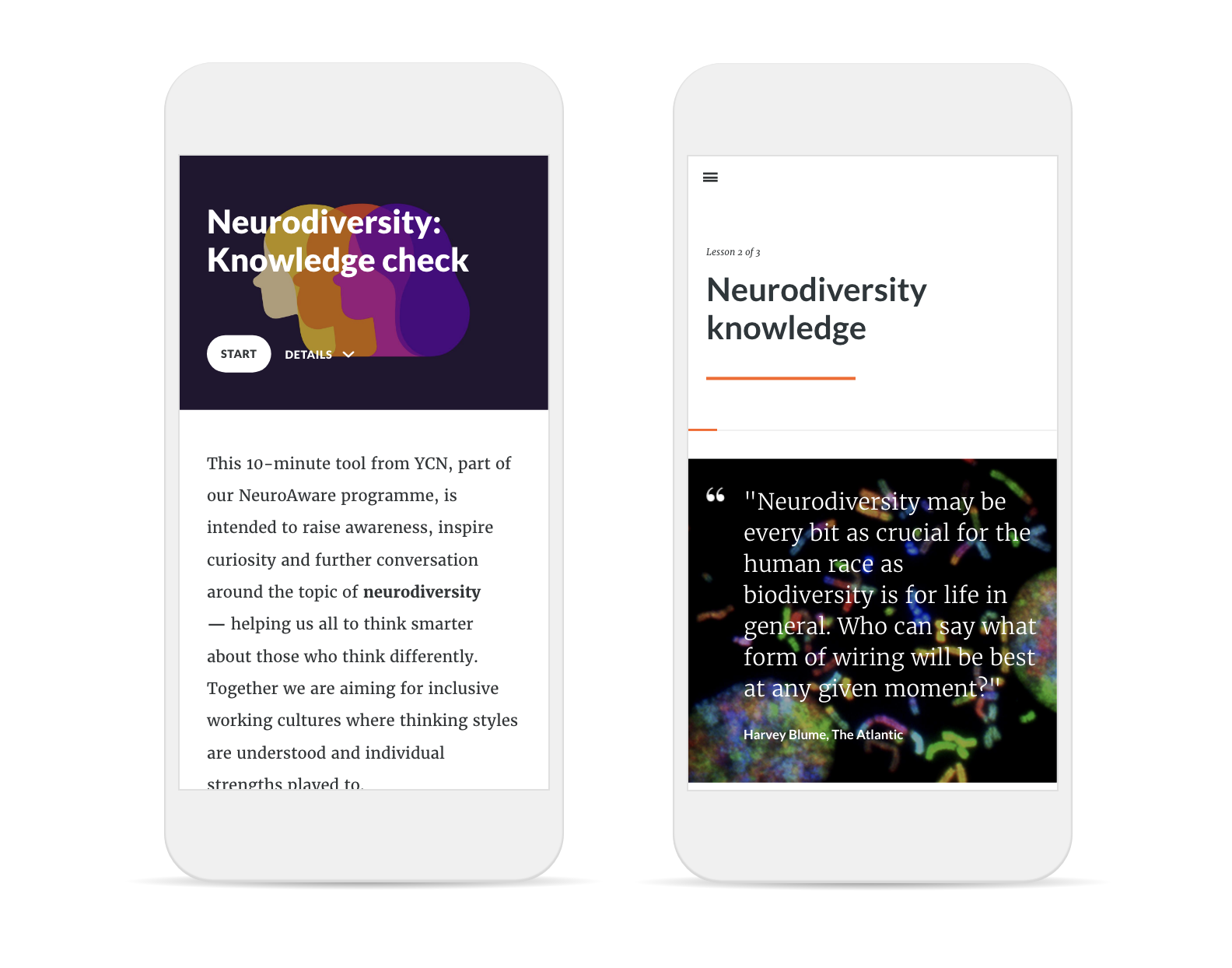
Do: Neurodiversity knowledge-check
If you've not taken a look already, our 10 minute-tool helps to benchmark existing knowledge, alongside lots of helpful pointers, sources and resources. And it's openly shareable with teams too. That's here.
———
Read: Inclusive Growth, by Toby Mildon
The essential guide to creating diverse work cultures from Conscious Inclusion coach and facilitator Toby Mildon. You'll learn exactly how to 'walk the talk,' and align diversity with organisational growth. Need more Toby? Take a look here for our In Conversation piece for his insights on how companies can gather and effectively use DE&I data, and take a listen to his podcast, The Inclusive Growth Show, for weekly diversity doses.
———
Understand: Equality vs equity
A super quick, helpful distinction between the concepts of equity and equality from inclusive research and marketing agency Social Change.
———
Read: On the Neurological Underpinnings of Geekdom (The Atlantic)
“Neurodiversity may be every bit as crucial for the human race as biodiversity is for life in general," wrote Atlantic journalist Harvey Blume back in 1999 - the first media mention of the phrase. Take a look here to see where it all started.
Experiment: Manual of Me
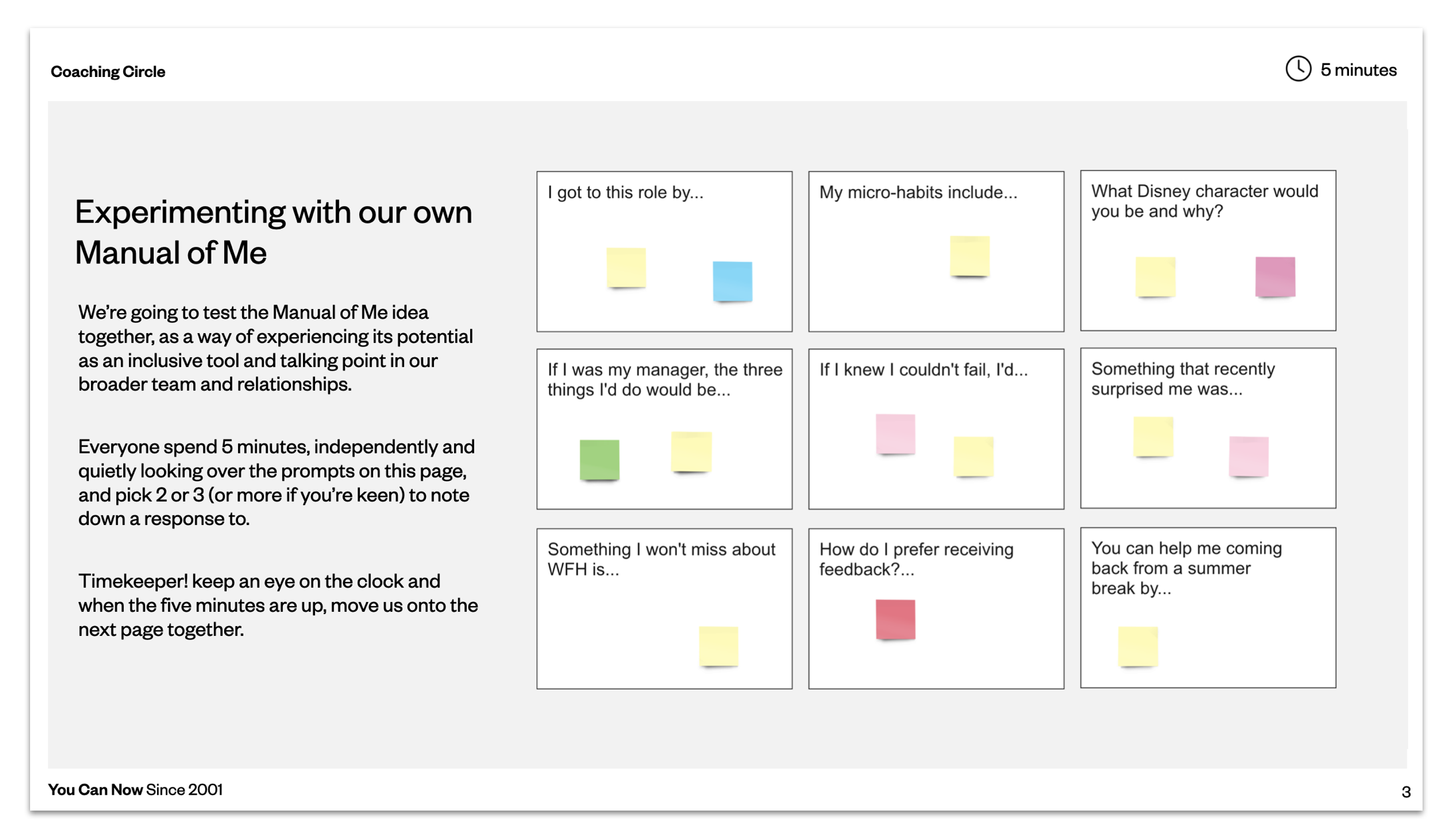
An ingenious concept, created by the bright minds at mental health organisation Leapers, a Manual of Me helps facilitate inclusive conversations around strengths, differences and personal preferences in a simple and enlightening way. Take a look here at our standalone resource, complete with example questions and tactics for turbo-charging reflections and self-coaching, or create your own at their official website.
Watch: ADHD, work and leading teams — a first person perspective
Ustwo co-founder Matt Miller (aka Mills), describes his experience of ADHD, work and leading teams.
———
Read: The Neurodiversity at Work Report (CIPD)
This 2018 report (the most recent to date) from the Chartered Institute of Personnel and Development is chock-full of evidence-backed practical pointers on embracing neurodiversity in the workplace, alongside case studies, advice and anecdtoes from neurodiverse individuals.
Watch: Dr. Anne Cockayne
You may have met Anne (above) in our live courses on neurodiversity, but here's more about her work and research and Dandelion Careers.
———
Read: Enlightening perspectives from Judy Singer
Harvey Blume may have popularised the term neurodiversity, but it was Australian sociologist Judy Singer who pioneered and championed the research. Take a look here to read about her life and work.
———
Read: NeuroTribes, by Steve Silberman
"To meet the challenges racing towards us in the 21st century, we will need many different minds working together." Steve Silberman's brilliant Samuel Johnson Prize winning read makes an empathetic and powerful case for the gains society makes when we think neuroinclusively.
———
Watch: A Kind of Spark
A touching BBC drama based on the book by Elle McNicoll; Addie is an autistic teen living in a small Scottish town fighting to put up a memorial to local witches. It's sweet, it's funny, it's touching, and it's a wonderful coming-of-age story with the celebration of neurodivergence at it's heart.
———
Read: A handful of neurodiversity resources and articles
🧠 The Neurodiversity Paradigm. An interesting perspective.
🧠 Neurodiversity as a competitive advantage. Positive, proactive employer stories in HBR.
🧠 On the wrong side of the Equalities Act. "A continuous management failure at Npower", and "a wake-up call for employers" from Starbucks.
🧠 Workplace adjustments — Super helpful insights from Autistica in their 2020 study.
🧠 Supporting neurodivergent colleagues who choose to 'come out'. A first person perspective on Fast Company.
🧠 Manchester City Football Club has opened a Sensory Viewing Room for autistic fans.
Three newly published books (summer 2021), each highly recommended.
An accessible, insightful guide on the whats, the whys and the hows of Neurodiversity in the workspace. Kirby and Smith's book teaches the importance of attracting, retaining and understanding Neurodiversity in business, complete with case studies from the worlds biggest companies that prove the immense power a diverse workforce has on productivity, creativity and innovation.
For many neurodivergent individuals their diagnosis is also their superpower, and that's precisely the focus of Lawrence Fung's latest book. Drawing on an all-star cast of neuroscientists and researchers, Fung utilises a 'strengths-based model,' to demonstrate the full force of neurodivergent minds, and offers on-boarding techniques and recommended technologies for a smoother transition into work and education.
Garcia's new book shows the gaps and flaws, in policy and society, that fail neurodivergent individuals, and gives his own advice on the steps we can take to improve.
